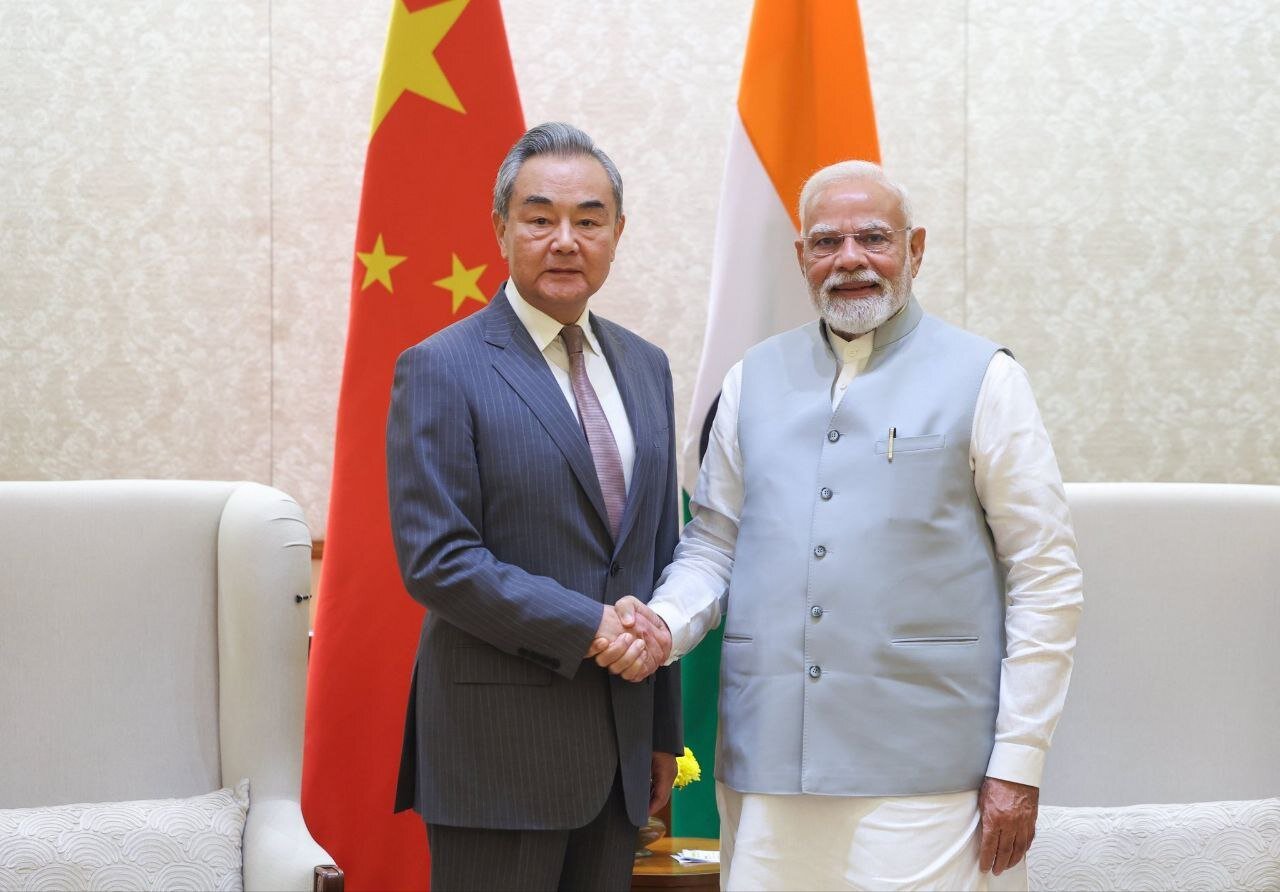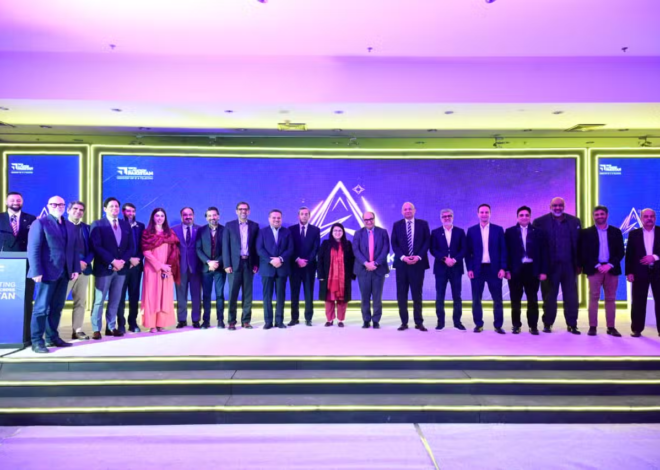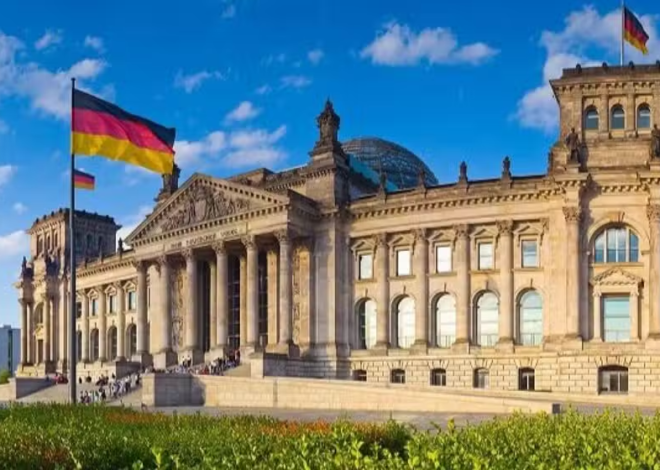
India China relations thaw in Bilateral Relations
A Meeting of Asian Giants
India and China, two of Asia’s most influential powers, are showing early signs of easing years of strained relations. Prime Minister Narendra Modi is set to meet Chinese President Xi Jinping tomorrow, in what observers describe as a key moment for the future of regional diplomacy. The encounter comes after years of mistrust shaped by border disputes, economic competition, and shifting global alliances.
Backdrop of Tensions
Relations between New Delhi and Beijing have long been defined by cooperation mixed with confrontation. The most serious flashpoints have centered on their shared border, particularly in the Himalayan region, where clashes in recent years intensified hostilities. Beyond the territorial disputes, the two countries have often found themselves competing for influence in South Asia and across the wider Indo-Pacific region. These tensions have left dialogue strained, making tomorrow’s meeting a significant development.
Efforts to Rebuild Trust
The Modi-Xi meeting is being positioned as an opportunity to rebuild trust and reduce the temperature of recent disputes. Analysts suggest that both governments are aware of the economic and strategic benefits of improving ties. For India, stabilizing relations with its neighbor could open new avenues for trade and regional cooperation. For China, engaging with India constructively could balance its relations in Asia at a time when global attention is increasingly focused on great-power competition.
Strategic and Economic Considerations
Beyond political signaling, the talks carry weight for the region’s economic future. Both India and China are among the fastest-growing economies in the world, and a cooperative framework between them could boost trade, investment, and development initiatives. Their ability to work together also has implications for multilateral forums such as BRICS and the Shanghai Cooperation Organization, where both countries play central roles. Reducing friction could strengthen these platforms and project a more stable Asian front globally.
Regional and Global Implications
The significance of the meeting extends beyond bilateral relations. Neighboring countries and global powers are closely watching how Modi and Xi approach this dialogue. Improved ties could contribute to regional stability, particularly in South Asia, which has often been shaped by India-China competition. On a global scale, a reset in their engagement could influence discussions on climate change, trade reforms, and security frameworks. The outcome of the talks is therefore seen as important not only for the two nations but also for the balance of global diplomacy.
Signals of a Possible Reset
While no major breakthroughs are expected immediately, the symbolism of dialogue itself is crucial. The willingness of Modi and Xi to meet reflects a recognition that prolonged tension benefits neither side. Even incremental steps toward cooperation could ease years of hostility and create a foundation for more substantive negotiations in the future. For now, the upcoming meeting signals a cautious but meaningful attempt at resetting one of Asia’s most critical relationships.







